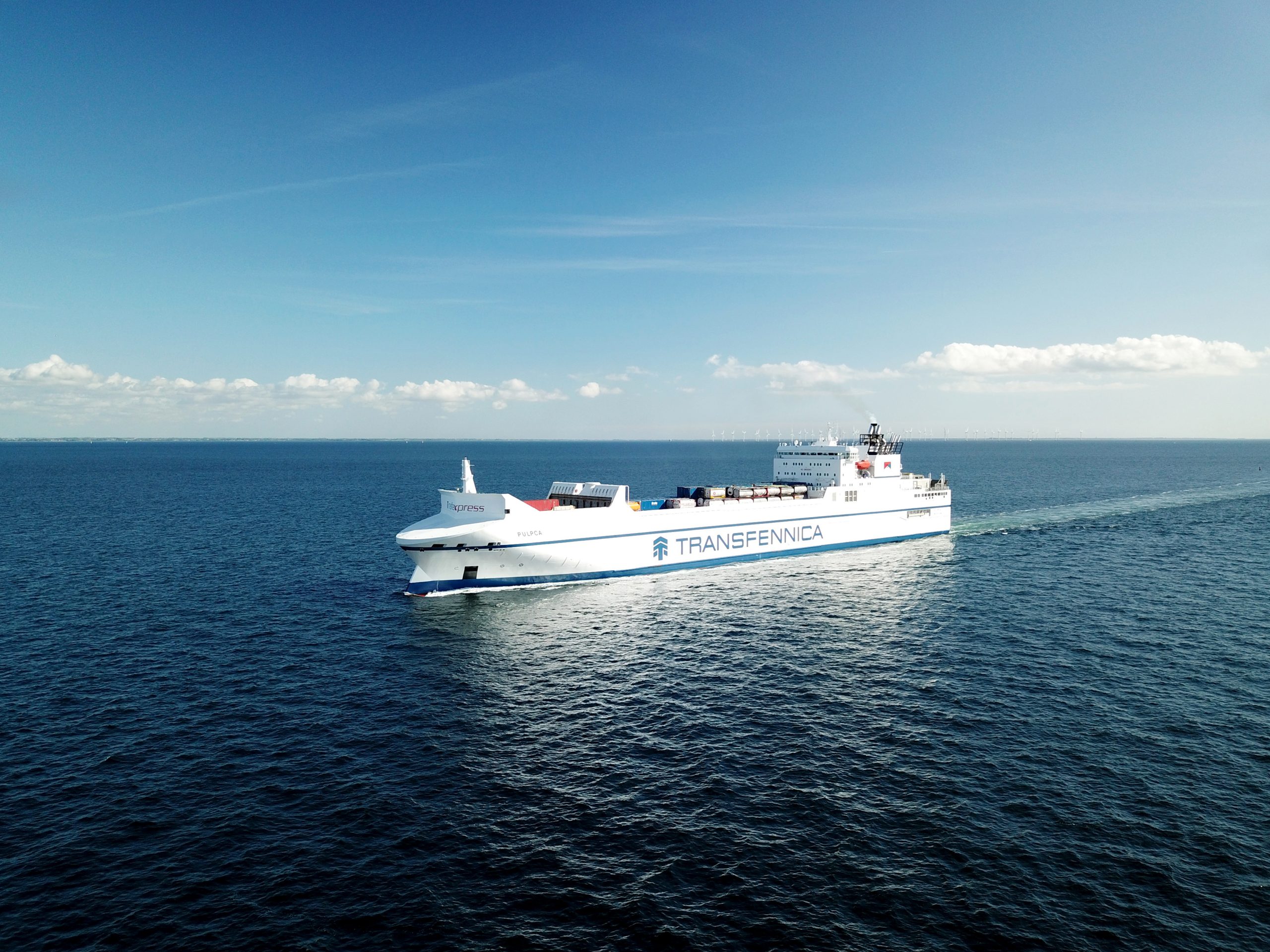According to a recent report from Reuters, major global shipping players are uniting in opposition to the net-zero framework proposed by the International Maritime Organization (IMO), just weeks before its potential adoption in October.
Among the critics are prominent figures like John Fredriksen and groups such as TMS, Capital Maritime & Trading and Bahri. This influential group warns that the agreement could impose “excessive financial burdens” on both the industry and consumers.
The resistance is also supported by companies like Dynacom and Gaslog, thus joining a growing opposition that includes the explicit rejection by the United States and warnings issued by the classification societies ABS and DNV.
“In its current form, we consider that the NZF framework will not effectively contribute to decarbonizing the maritime industry nor ensure a level playing field,” these entities stated jointly. They requested “essential amendments” before any formal adoption.
During International Shipping Week in London, Vassilis Kikilias, the Greek minister of the sector, expressed his concerns to Secretary General Arsenio Dominguez about the urgent need for modifications to the proposed framework.
Despite the criticism, Dominguez maintained an optimistic stance regarding the framework’s approval. “I am confident in our ability to reach a consensus,” he commented to the delegates present.
The Net-Zero plan seeks to implement new carbon fees by 2027 with the aim of achieving net-zero emissions by 2050. However, Christopher Wiernicki, chairman and CEO of ABS, questioned this strategy during his recent speech: “There is no clarity on how this will be achieved without accessible green fuels or adequate infrastructure.”
As the United States distances itself from constructive dialogue following its departure from the previous MEPC, it has warned that those countries that support this framework could face significant economic retaliation.
Wiernicki urged the IMO to consider a “reflection period”. “The industry needs clear but realistic guidelines,” he emphasized. He stated that emissions are currently significantly higher compared to the 2008 base year and warned about the growing costs associated with regulatory compliance.
Greece Norway Saudi Arabia





